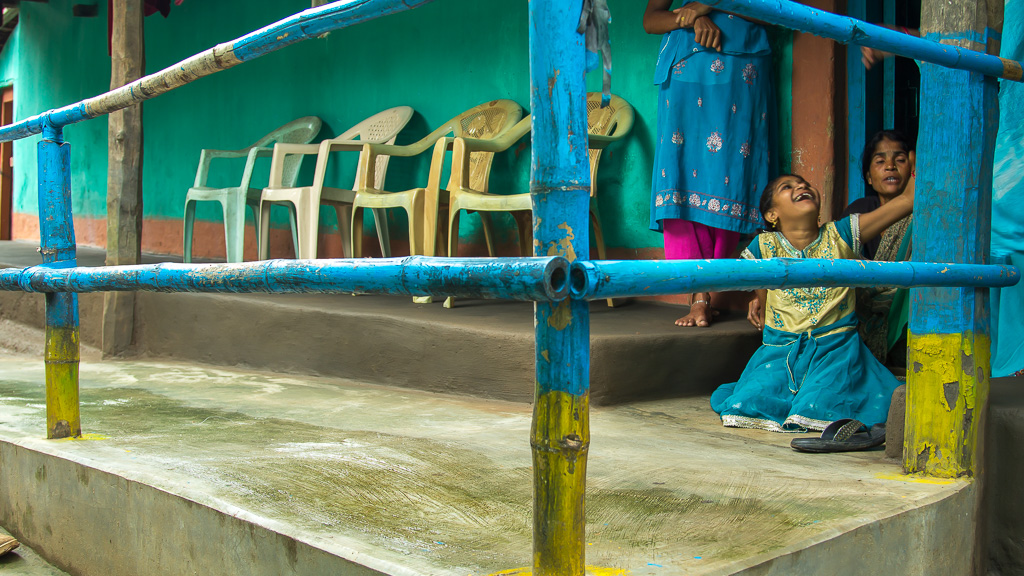
What we’re doing as ReLAB-HS to address gender inequity within rehabilitation in health systems.
By: Sarah Champagne, Jessica Ott, Rachel Lowe, Amanda Ager, Perth Rosen, Michelle Kayaleh, Christie Pettitt-Schieber and Rosemary Morgan
Today marks International Women’s Day, a day to celebrate the many achievements of all women; trans women, genderqueer women, and cis women, and to recognize the remaining distance to achieving gender parity.
While we – the Learning, Acting and Building for Rehabilitation in Health Systems (ReLAB-HS) consortium – would like to celebrate all those who identify as women, we recognize that wishing someone “Happy International Women’s Day!” may come with the subtext: “Congratulations on surviving the patriarchy!”
At first this might sound like a facetious quip, but as Drs. Ott and Morgan highlight in their brief ‘Why sex and gender matter in interventions and research for rehabilitation within health systems,’ this phrase may be quite literal for many women, particularly for those with assistive technology (AT) or rehabilitation needs, and the caregivers supporting them.
Women provide the vast majority of informal, unpaid care for people with rehabilitation needs (1, 2) and repeatedly report a higher caregiver burden – a burden that taxes many dimensions of one’s wellbeing (3, 4). Women’s disproportionate caregiving and household labor also has negative implications for their access, use, and outcomes of rehabilitation (1).
Women are underrepresented in decision-making roles within the health workforce (5, 6). When and what health and rehabilitation services are offered and funded is gendered and dependent on the worldviews of those in positions of power (7). Women also spend more years living with disability compared to men (163 million vs. 146 million) (8) and, in several studies, report lower levels of satisfaction with rehabilitation initiatives, including those focused on mobility and AT (9, 10).
Without sufficient attention to different gendered social experiences, women will continue to face disparities in health systems and rehabilitation that contribute to further complications and long-term consequences of injury and disability.
The team comprising ReLAB-HS and many of our colleagues around the world are working to highlight and tackle the need for more gender-equitable, AT-inclusive rehabilitation within health systems. One of the ReLAB-HS program’s central themes is Gender Equality and Social Inclusion (GESI). Through this theme of the project, our research and interventions will consider and work to address inequities experienced by vulnerable, marginalized, and intersecting groups, such as women with disabilities and/or rehabilitation needs. This includes helping to increase women’s representation and participation in leadership, to reduce discrimination and stigma against women, and to increase women’s rights and/or power to exercise rights.
Through co-generating gender sensitive learning, acting to include and integrate women and marginalized groups into service models, and building conditions for gender equitable AT and rehabilitation inclusive health systems, ReLAB-HS is working to contribute to women’s health and wellbeing.
In summary: thank you women for all that you do! We recognize the ossified structures of disparities and inequities you face, particularly (in this context) within health systems and rehabilitation. We stand with you in the effort to change them.
For more information on gender and rehabilitation, as well as how to address sex and gender in health systems rehabilitation interventions and research, please see:
Ott & Morgan (2021). Why sex and gender matter in interventions and research for rehabilitation within health systems. Learning, Acting and Building for Rehabilitation in Health Systems Consortium (ReLAB-HS).
All authors are part of ReLAB-HS. Sarah Champagne, Jessica Ott, and Rosemary Morgan are based at the Johns Hopkins International Injury Research Unit, Johns Hopkins Bloomberg School of Public Health. Rachel Lowe and Amanda Ager are based at Physiopedia. Perth Rosen and Michelle Kayaleh are based at UCP Wheels for Humanity. Christie Pettitt-Schieber is based at MiracleFeet.